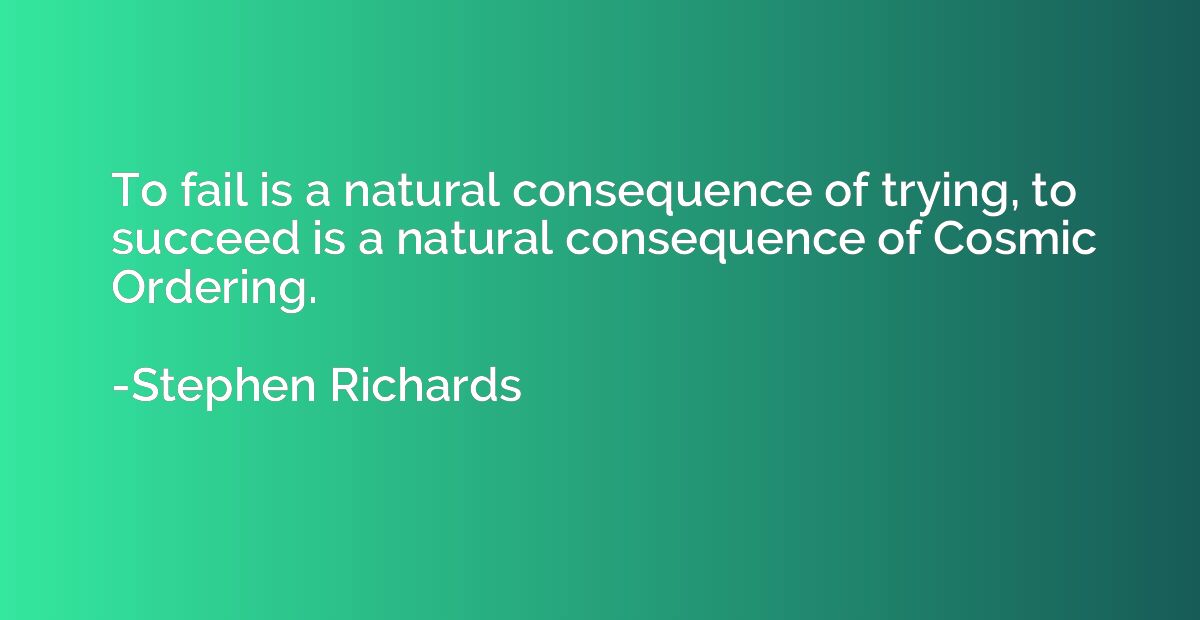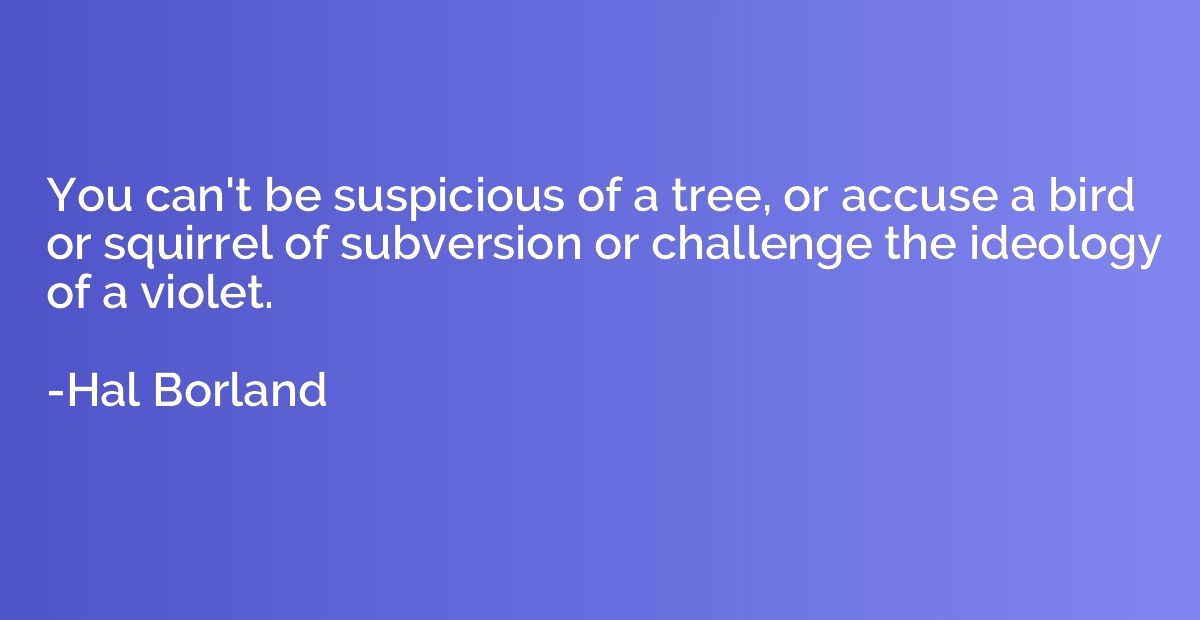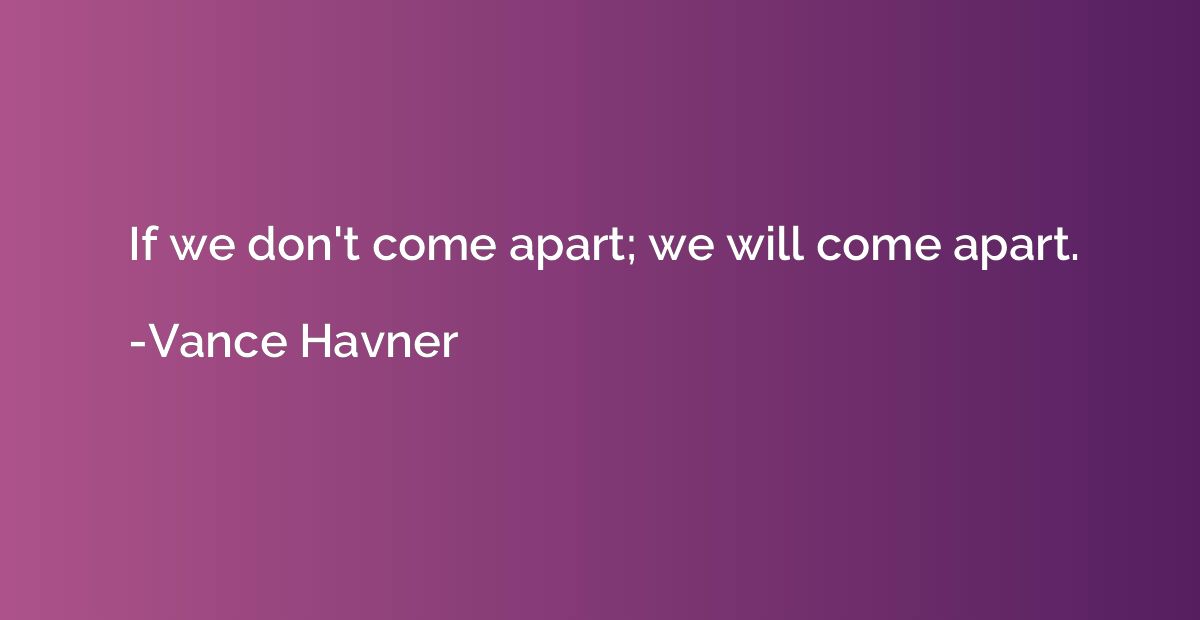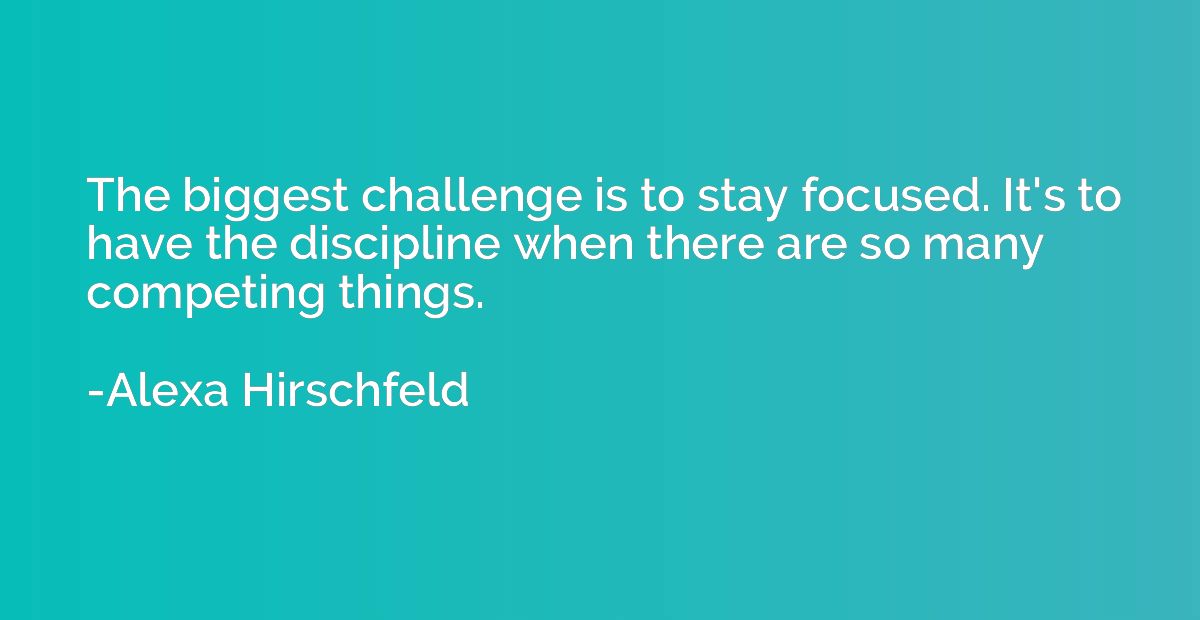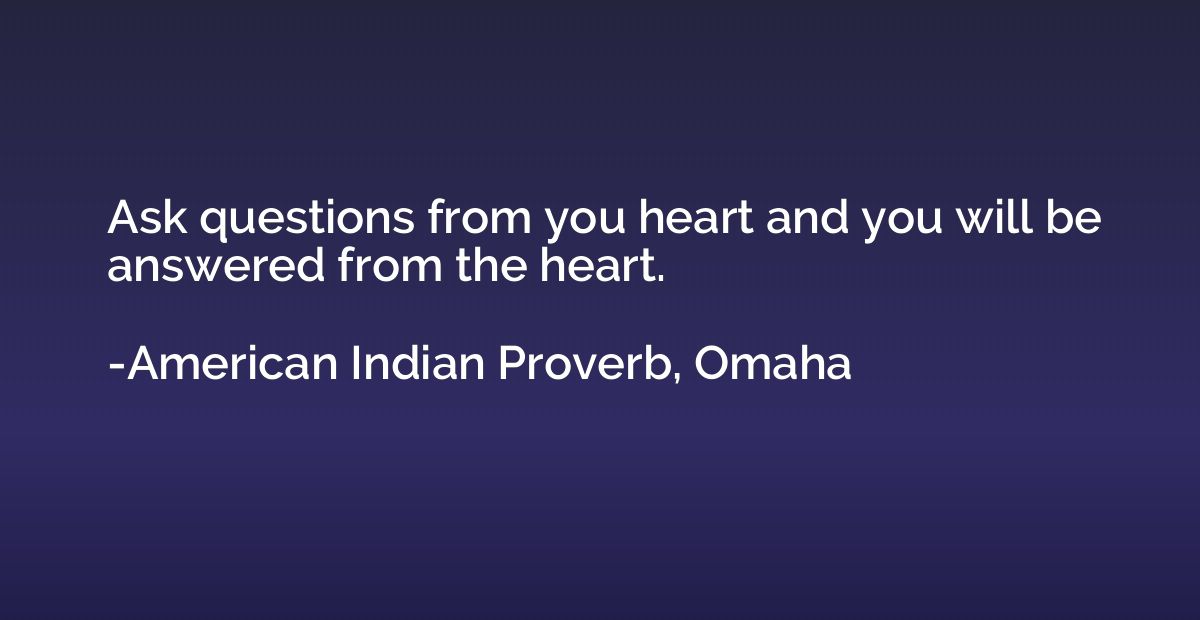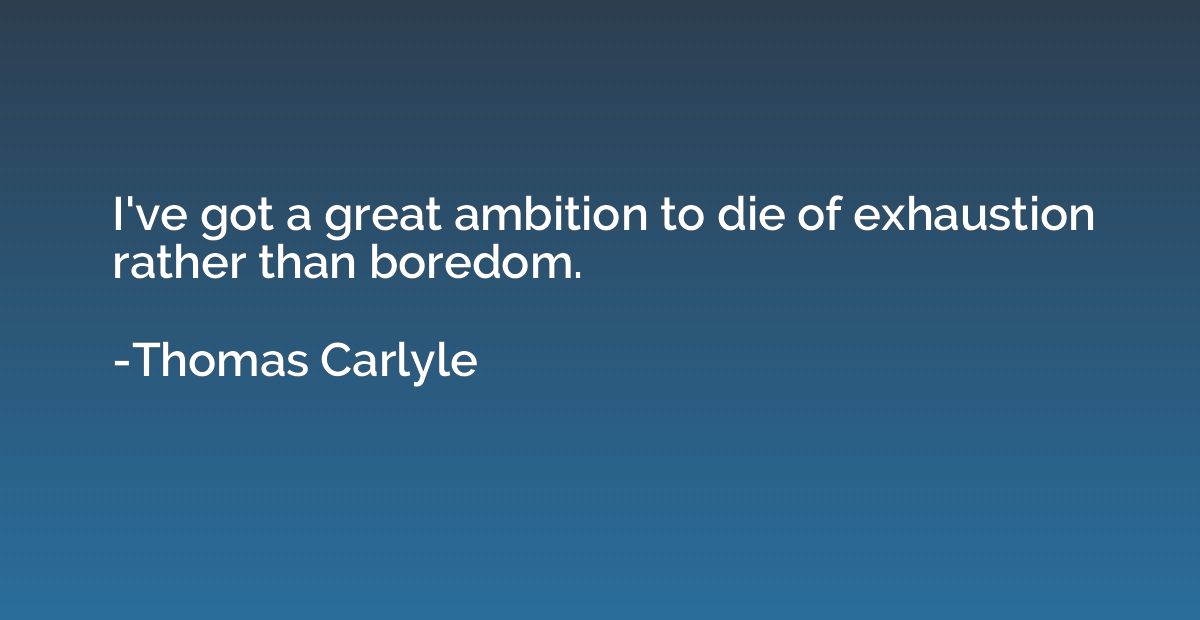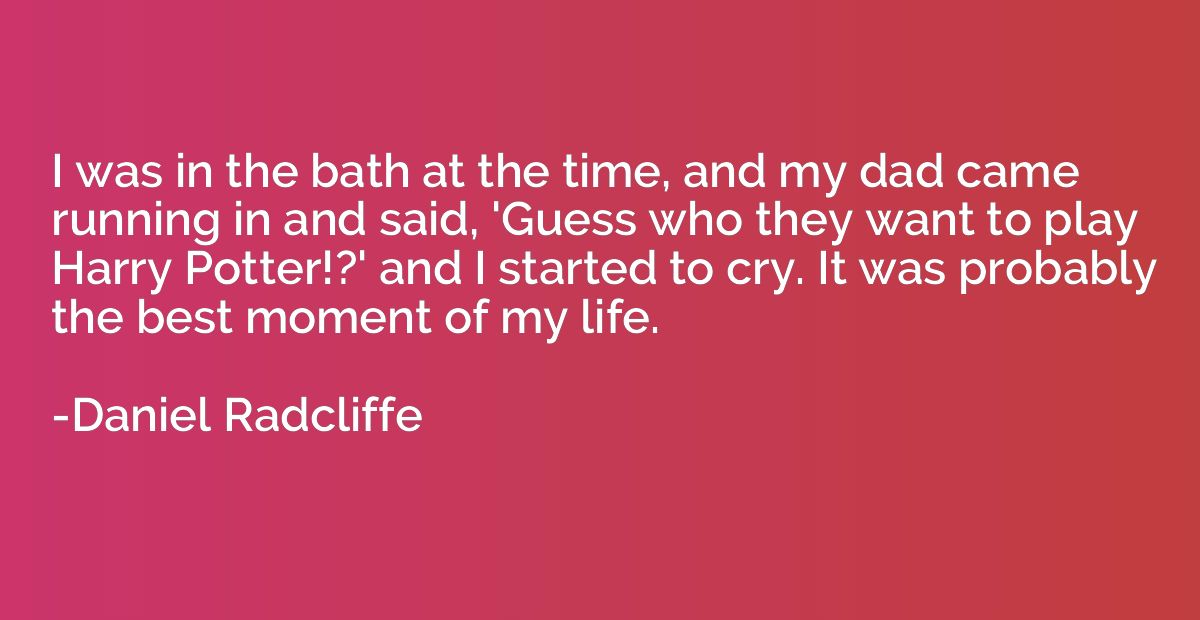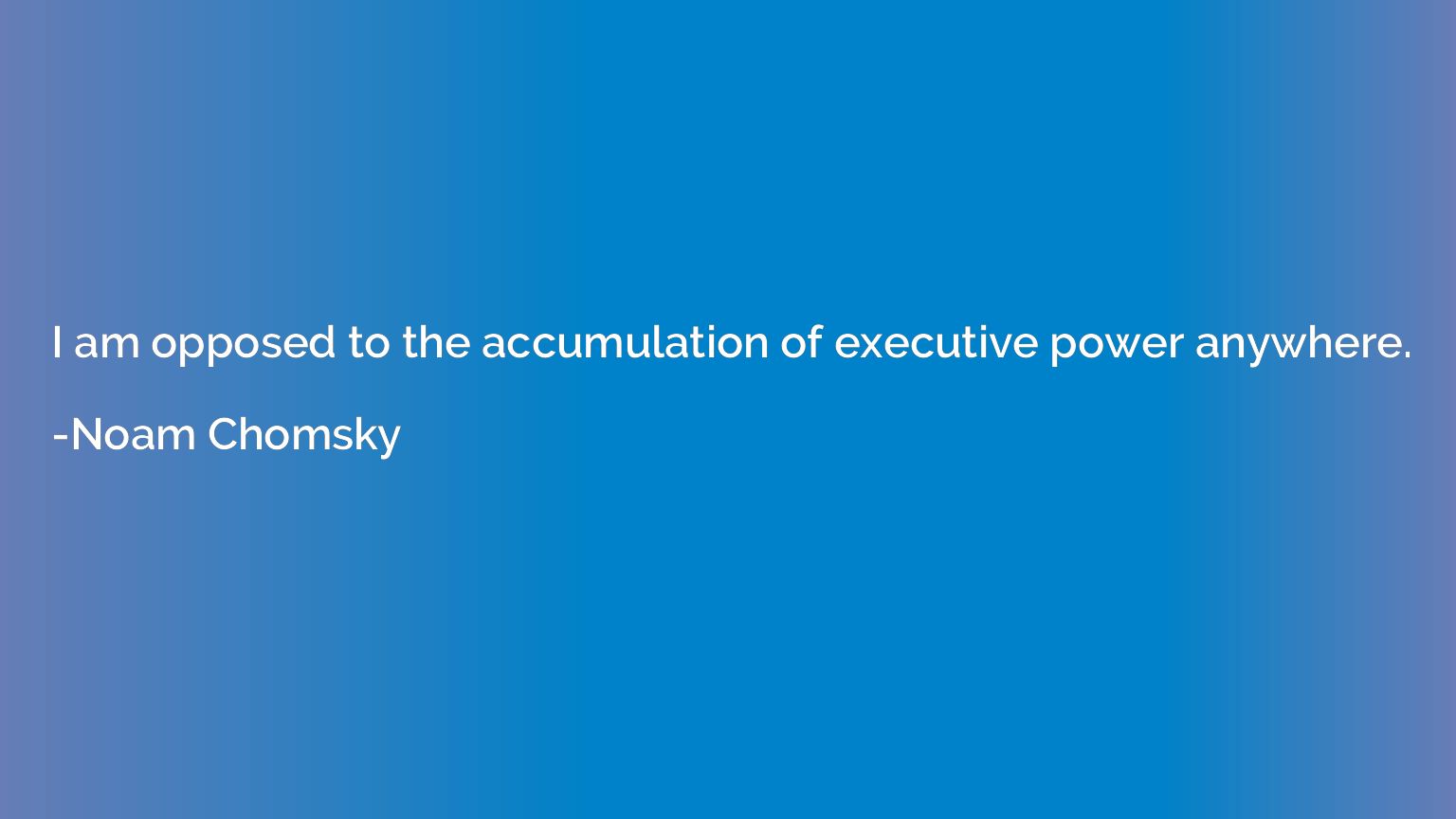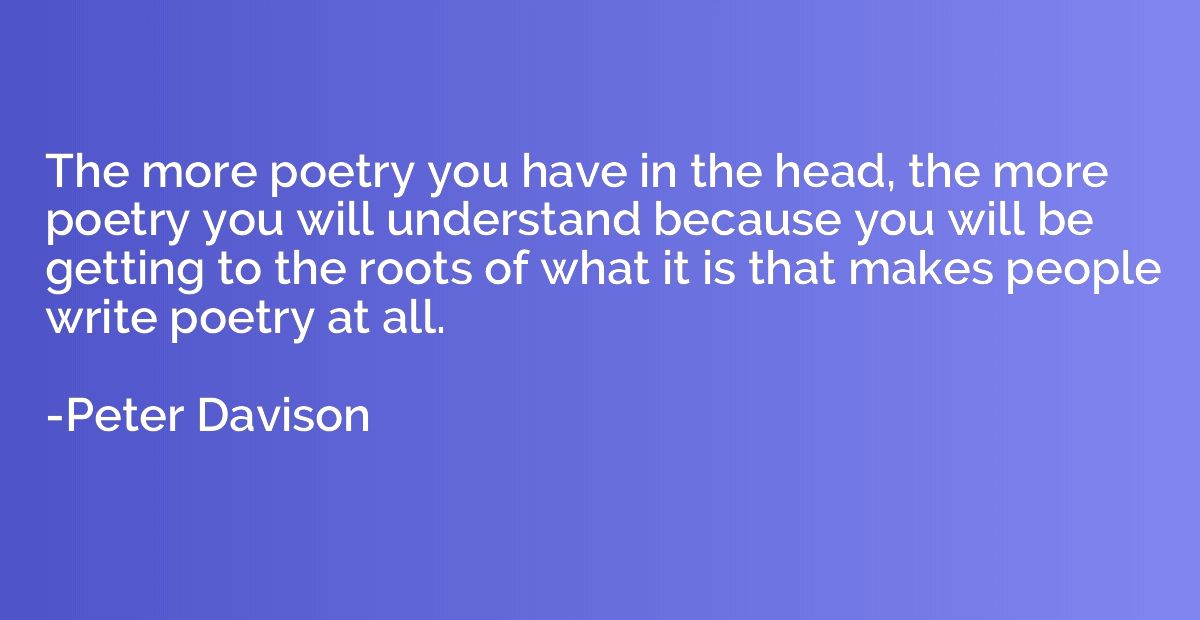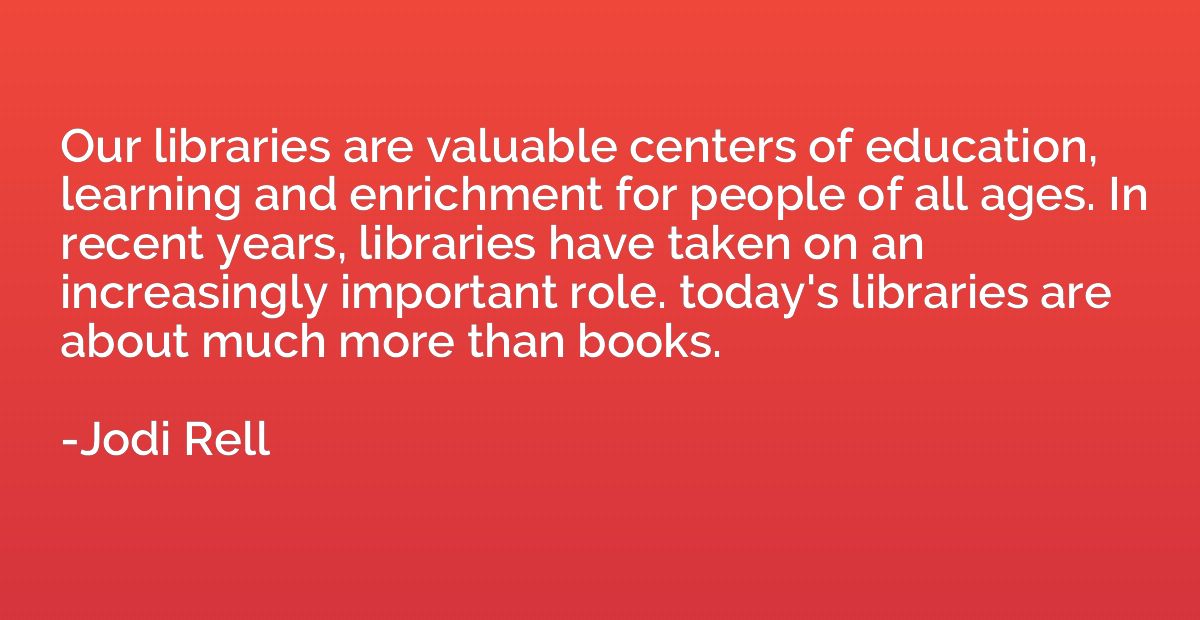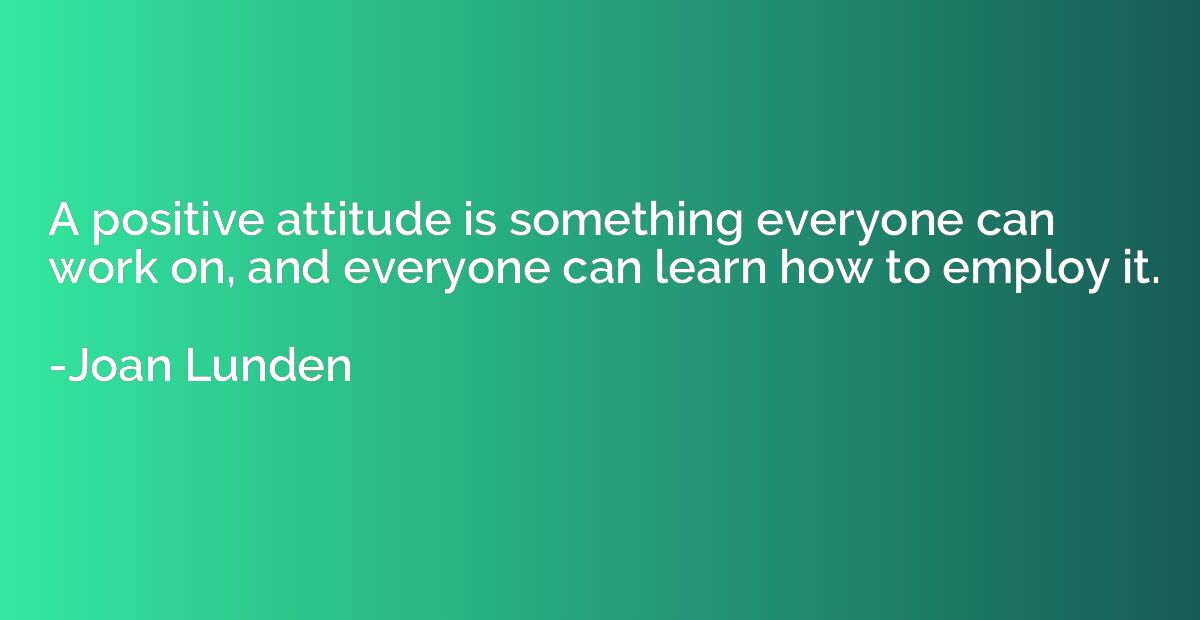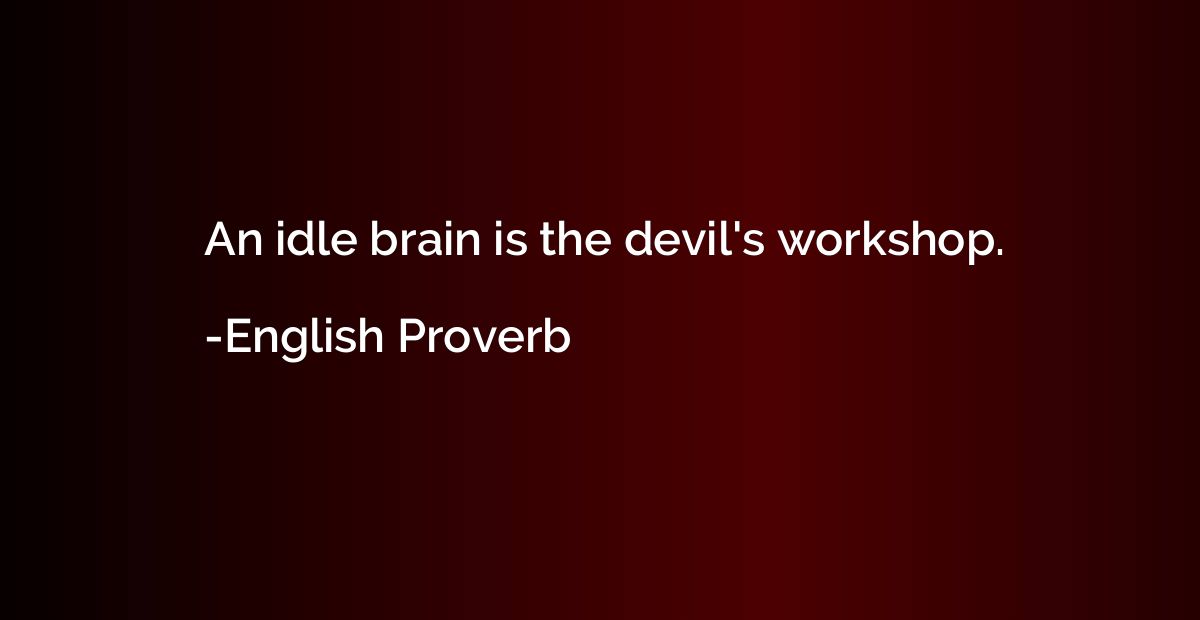Quote by Coretta Scott King
Mama and Daddy King represent the best in manhood and womanhood, the best in a marriage, the kind of people we are trying to become.
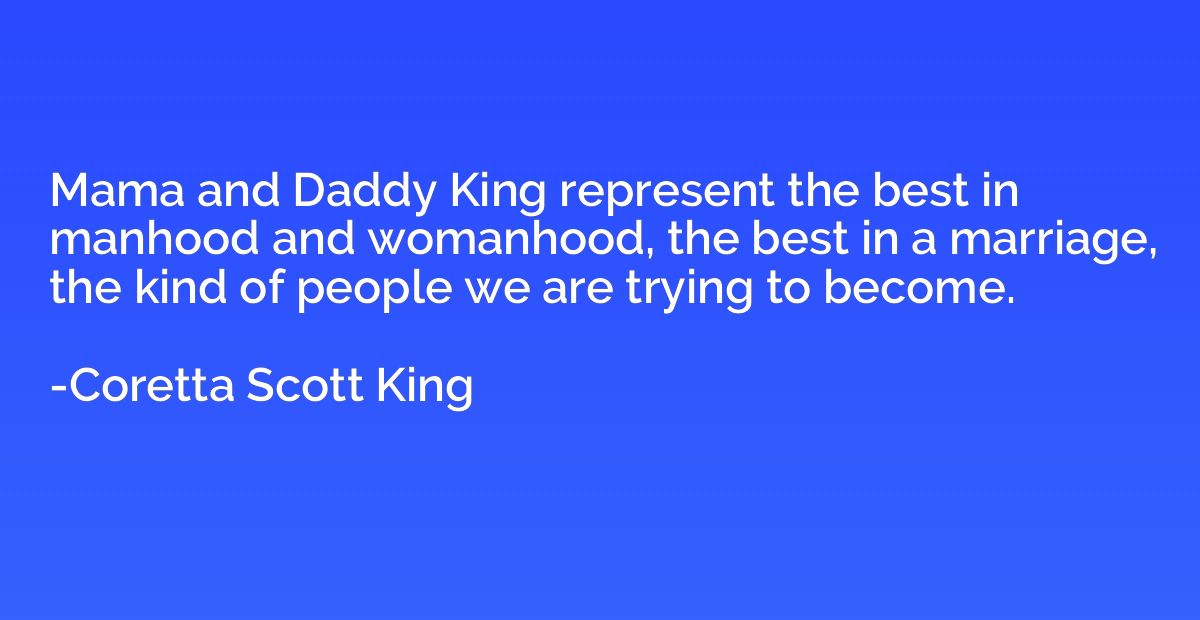
Summary
This quote emphasizes the admiration the speaker holds for Mama and Daddy King, recognizing them as role models for both men and women. They are seen as embodying the qualities that individuals aspire to possess in their own lives and relationships. This could include characteristics such as strength, integrity, love, and mutual respect. Through their example, Mama and Daddy King inspire others to strive towards becoming their best selves in terms of their character and the dynamics of their partnerships.



